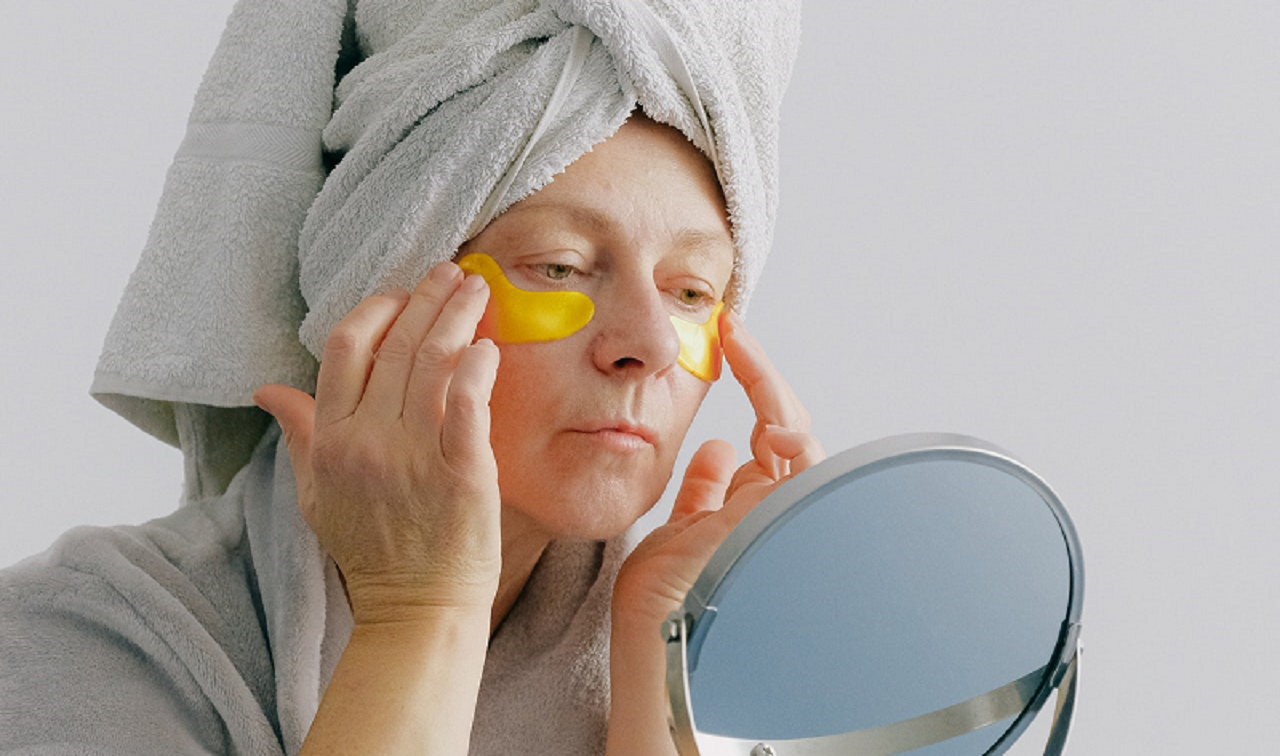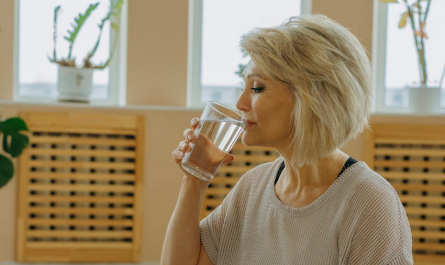As we make our way through the middle and later years of life, our bodies undergo many changes, and one area that reflects these changes prominently is our skin – our body’s largest organ.
Aging brings about a natural evolution in skin health, with numerous factors contributing to its alteration over time. In the following, we look at the intricacies of age-related changes in skin health and offer some information for those of us seeking to maintain a healthy skin and complexion as we age.
The Science of Aging Skin
Understanding age-related changes begins with understanding the science behind aging skin.
The skin consists of three primary layers of tissue:
1. epidermis
2. dermis
3. subcutaneous tissue
The epidermis is responsible for protection and acts as a barrier, and it undergoes a slowdown in cell turnover as we age, resulting in a thinner outer layer.
Collagen and elastin, necessary proteins found in the dermis that provide structure and elasticity, decline with age, leading to skin sagging and wrinkles.
Moisture Matters: Dealing with Dry Skin
One of the most common age-related skin changes is increased dryness. The reduction in oil production and a compromised skin barrier contribute to dry skin among seniors.
To counteract this, adopting a moisturizing routine is extremely helpful. Look for products containing hyaluronic acid, glycerin, and ceramides, as they help replenish moisture and restore the skin’s natural hydration.
Sun Protection: A Lifelong Necessity
While the sun offers warmth and light, its ultraviolet (UV) rays can be harsh on the skin. Over time, sun exposure adds up to create age spots, fine lines, and a higher risk of skin cancers.
As we age we should continue to protect our skin from sun exposure by prioritizing the application of sunscreen, opting for a broad-spectrum SPF of at least 50.
In addition, protective clothing, hats, and seeking shade during peak sun hours are all factors that create a comprehensive sun protection strategy.
Nutrition and Hydration for Skin Health
It is a fact that what we put into our bodies greatly impacts our skin health. As we get older we should focus on a diet rich in antioxidants, vitamins, and minerals.
Foods like fruits, vegetables, and omega-3 fatty acids promote skin elasticity and combat oxidative stress.
Staying adequately hydrated is equally crucial, as water plays a vital role in maintaining skin suppleness and overall health.
Skincare Routines Tailored for Aging Skin
A well-crafted skincare routine can help mitigate age-related changes. Gentle cleansers, mild exfoliants, and anti-aging products containing retinoids or peptides can be beneficial.
However, older adults should be cautious with skincare ingredients, avoiding harsh chemicals that may exacerbate dryness or irritation. Consulting a dermatologist can provide personalized guidance based on individual skin needs.
Recognizing and Addressing Skin Conditions
As we age, the likelihood of developing specific skin conditions increases. Conditions such as eczema, psoriasis, and skin cancer may require specialized attention.
Regular skin checks, mole monitoring, and prompt consultation with a dermatologist can aid in early detection and effective management of these conditions.
The Psychological Aspect: Embracing Natural Beauty
Aging skin often comes with societal pressures and beauty standards. It’s essential for older people to embrace their natural beauty and focus on self-care rather than chasing unrealistic ideals.
A positive mindset and self-acceptance contribute significantly to overall well-being and radiate through one’s complexion.
Understanding age-related changes in skin health empowers older adults to prioritize care for their skin and embrace the aging process gracefully.
By adopting healthy lifestyle habits, personalized skincare routines, and seeking professional guidance when needed, older people can nurture their skin for a radiant and resilient appearance as they continue through the world of aging.




